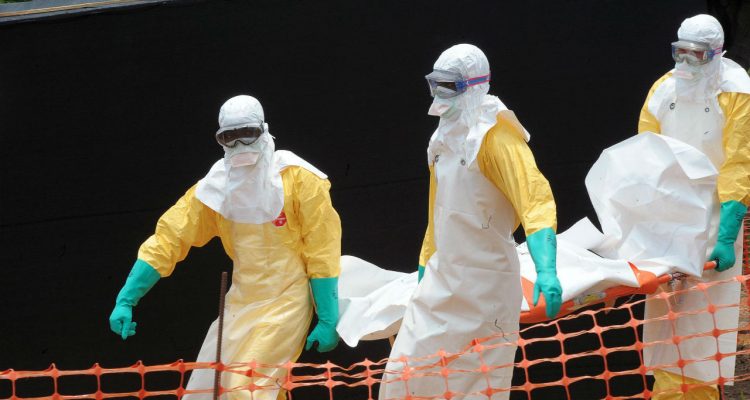In an authoritarian state, President Xi Jinping’s absence from the public stage since the alarming and accelerating health crisis that is the Wuhan Coronavirus, is quite an ironic scene.
Here you have the leader of the most populous country in the world, who is supposed to embody all that is dominant, powerful and in control. And then you have the opposite reality: a country in complete disarray, a virus wreaking havoc on the people and their leader hiding from it all.
Less than three weeks ago, President Xi spoke at the Great Hall of the People in Beijing, promising progress for China in 2020, but he has since cynically remained silent in regards to the pressing health crisis that currently exists as the largest threat to his country.
In a time when citizens are compelled to heavily rely on the leadership of their nation, Xi’s absence only exacerbates the panic that it is to be in China right now.
Not only is it alarming, but equally disheartening that President Xi has not spoken out and provided any sentiment regarding the crisis. In such a horrifying time as this, the disappearance of a leader points to the fact that authoritative systems are flawed, and his silence when the public is desperate for leadership is an act of cowardice, one that should question his role as the leader of a country with nearly 1.5 billion citizens.
The fact of the matter is that President Xi must confront the reality that he is up against. The rapid spread of this virus and the government’s inability to control it is certainly raising public discontent within China. Xi has placed his second leader, Li Keqian, in charge of handling this health crisis by sending him to Wuhan to visit doctors in replacement of himself. Subsequently, Xi has successfully damaged his reputation as a public leader by removing himself from the crisis altogether.
On Thursday, in its coverage of Xi’s absence, The New York Times featured a comment from Victor Shih, an associate professor at the University of California San Diego who studies Chinese politics. He explained that, “Politically, I think [Xi] is discovering that having total dictatorial power has a downside, which is that when things go wrong or have a high risk of going wrong, then you also have to bear all the responsibility.”
Shih’s words resonate with me in that Xi’s decision to remain uncommunicative during this time is indicative of the pitfalls of dictatorial power. It would come as no surprise that in remaining mum, Xi’s incentive is to preserve his political position for a third term. How selfish, how careless?
I cannot begin to comprehend what it would be like to be in China today, and it’s hard to imagine the pain being endured by the citizens of China as fear has taken hold of hope. It is a shame; dare I say a human rights crisis, that China’s leader is stepping back in a time where leadership is most essential, crucial and imperative.


Leave a Reply